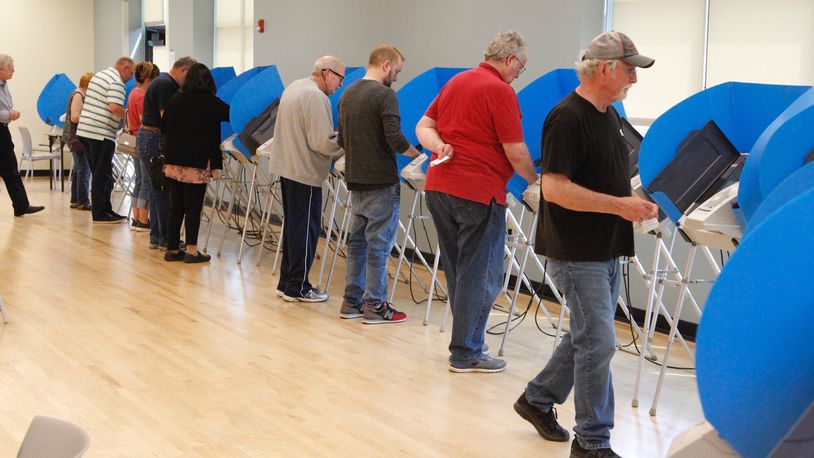Previous coverage: Beavercreek schools seeks to renew tax in March
The renewal of the 9.85-mill substitute emergency levy means property owners will continue paying roughly $300 per year for every $100,000 of assessed property value. The tax will raise approximately $18.5 million a year in operating revenue, according to the district.
The revenue from the tax represents about 18% of the district’s operating budget. Gilding said he wants to emphasize that the permanent levy, if approved, would be a zero tax increase of the existing levy for voters.
Wright State, UD to graduate more than 2,045 students Saturday
“Say a levy is locked in for a certain dollar amount, that is all that we by law are able to collect from our voters,” Gilding said. “With a substitute emergency levy, the district actually begins seeing growth on that because as new people and new construction happens in the district, they start paying the same rate as everybody else and that additional above and beyond is what the district starts making a little more money on that levy.”
District leaders recently presented an updated master plan that includes construction of a new high school. The bond issue to pay for that new construction could be presented to voters in November 2020, Penny Rucker, district treasurer and CFO, said during a presentation at last month’s school board meeting.
Springboro students with exceptional needs make ‘World’s Greatest Lasagna’
In addition to the bond issue, a permanent improvement levy will be needed to maintain the new buildings, and operating costs could increase by an estimated $625,000 a year with the new building, Rucker said during the presentation.
“They (the board) would not be asking our voters to do this if it was not necessary,” Gilding said. “They realize if it was to be made permanent, it would start to help our district financially.”
Rucker said failure to get the March levy passed would be “devastating” to the district.
About the Author
